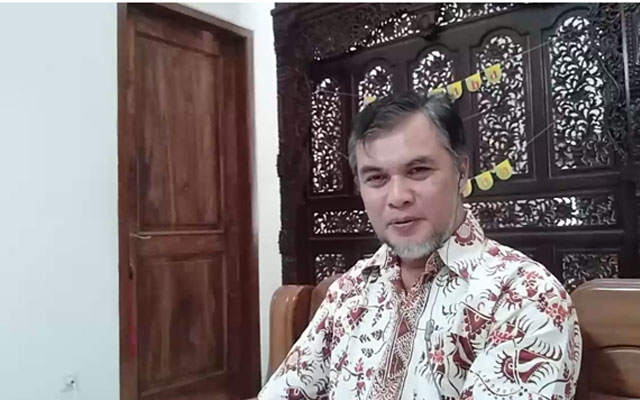As Indonesia moves to restart its tourism engine, industry stakeholders worry that talent shortage may pose a key threat to the country’s tourism recovery, as the pandemic has left massive furloughs and layoffs in its wake.
Those concerns come in response to the Indonesian government’s recent call for travel trade players to start laying the groundwork for their recovery now, as it anticipates a tourism boom once the pandemic blows over.

Speaking on a virtual forum, Udhi Sudiyanto, chairman of the Association of Indonesian Tours and Travel Agencies (ASITA) Yogyakarta chapter, said that many tourism workers had gone without pay or had their salaries cut, and many were forced to look for alternative jobs.
“Some of them have begun to work independently (in non-tourism-related industries). This will pose a problem when the industry rebounds,” said Udhi.
Fellow forum speaker, Diena Mutiara Lemy, dean of Faculty of Tourism, Pelita Harapan University, voiced her concerns about losing the younger generation interested in continuing their education in tourism or making a career in the industry.
“Companies which used to take in students for internship cannot (commit to hiring) an intern this year. Enthusiasm of new students to join this industry will decline (as a result). Our alumni has told us that it will be impossible to nail a job in the tourism industry this year. Meanwhile, to set up a new business independently in this industry is also unlikely,” she said.
Ary Suhandi, founder of the Indonesian Ecotourism Network (INDECON), said that while tourism will bounce back after the pandemic, the speed of its growth depends on how soon a vaccine is found.
Other challenges remain for tourism businesses during the rebound. Udhi warned that with a decline in the public’s purchasing power, travel agents will have to adjust to clients’ limited budget by shortening itineraries and offering affordable destinations nearby.
“(Travel agents) will likely also scrap longhaul destinations due to weak purchasing power (of Indonesian travellers). (Agents) will also be keener on South-east Asian countries (owing to their geographic proximity),” he added.
The pandemic may also trigger a change in the psychology of Indonesian travellers to be more watchful than before, according to Wiwik Mahdayani, founder of Desma Center, a research centre specialising in tourism.
She projected that Indonesian travellers would favour solo travel or small group tours as they would be deemed safer, and have a greater awareness of sanitary conditions in their surroundings as they would be accustomed to observing their personal hygiene during the outbreak.
Meanwhile Wishnutama Kusubandio, minister of tourism and creative economy, has urged travel agencies across the archipelago to start sprucing up tourist sites in a sustainable and responsible way.
Noting that offering unique local experiences would no longer be adequate in the post-Covid-19 era, Wishnutama said destination marketers must ensure that tourist sites are kept clean and enforce a good visitor management system to prevent overcrowding.
He has been coordinating with tourism stakeholders, such as Garuda Indonesia, to craft appealing packages for domestic and international promotions once the pandemic ends.




















